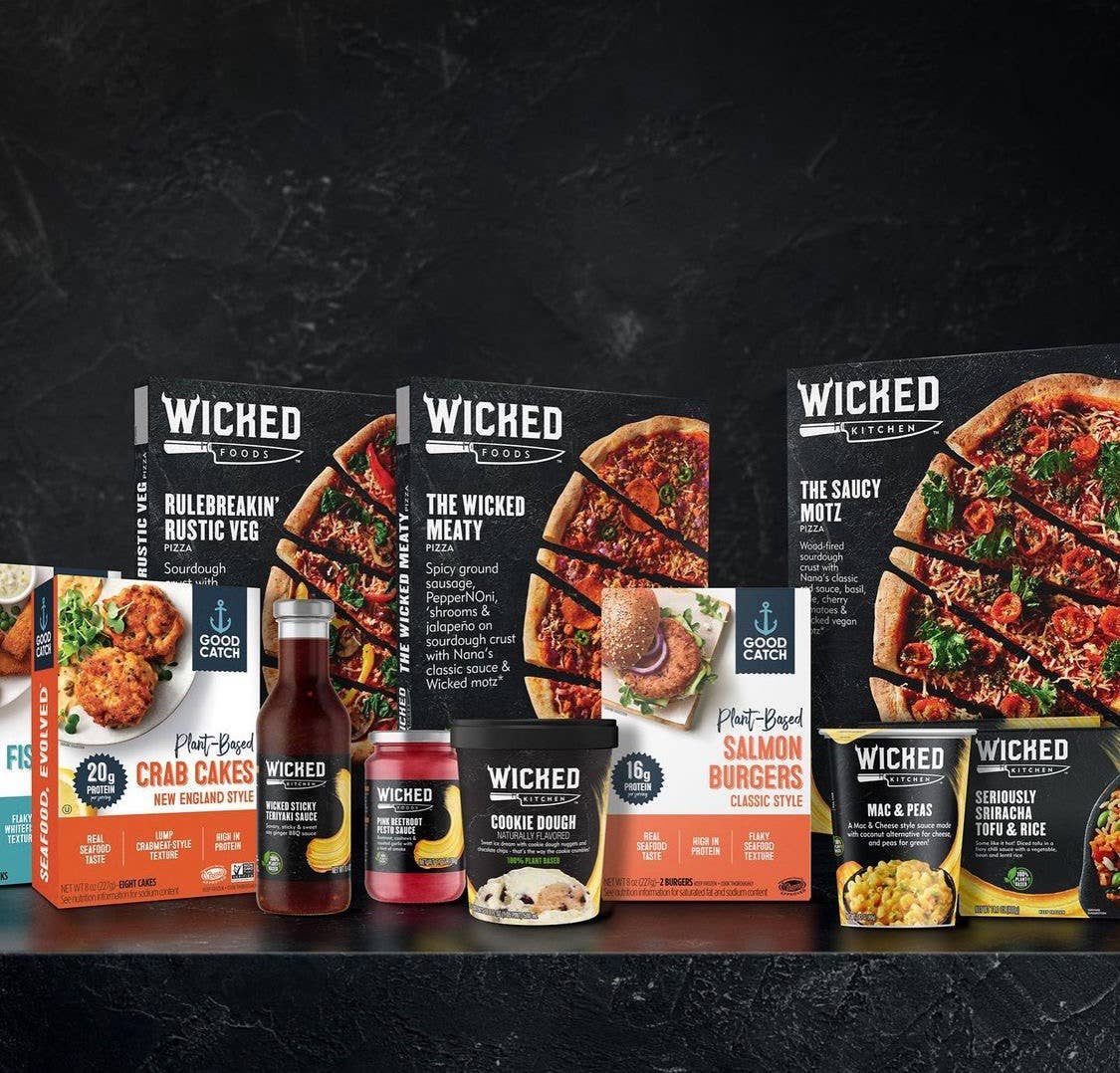
Vegan Food Market Predicted to Reach $1.4 Trillion by 2050
Global investment bank Credit Suisse is betting big on the future of plant-based, releasing a statement that estimates the vegan food market will grow 100-fold by 2050. The plant-based food market has experienced a shocking increase in popularity in recent years and the finance organization believes that a full plant-based shift in global food systems is “inevitable.” The research report titled “The Global Food System: Identifying Sustainable Solutions” analyzed how the global food system will change alongside the growing world population, which is estimated to reach 10 billion by 2050. The report goes on to say that the shift will result in the vegan market reaching $1.4 trillion by 2050.
“A change toward a plant-based diet appears inevitable, in our view, if the global food system is to become more sustainable,” report author and Managing Director of Credit Suisse in the Securities Research Division Eugene Klerk states.
The 100-page report explains how with a growing population and a rapidly increasing consumer demand that the world food system will need to adapt to more sustainable practices. The rising population and rising demand will push food companies and systems towards sustainable food agriculture and production. The report also highlights animal agriculture as a top contributor to climate change, showing the necessity and urgency of widespread change. It reads that more than 50 percent of emissions come from raising animals for food, presenting the need to readjust food systems for the future.
Credit Suisse emphasizes that the growing plant-based market could be profitable to investors worldwide because the plant-based market is growing faster each year, and with exponential growth, investors will need to change their priorities with the quickly shifting market. The vegan milk industry is expected to hold nearly half of the milk market by 2050. The report goes on to say that if the plant-based industry hits its maximum potential, then that figure could be 80 percent.
“A high share is not unlikely when we realize that diets associated with a sustainable world call for a decline in milk consumption in order to meet longer-term climate change and health targets,” Klerk said.
Credit Suisse’s report believes that milk alternatives will be adopted far faster than plant-based meats. The report goes on to explain how plant-based meats are projected to hold 25 percent of the meat market by 2050 with the maximum potential at 50 percent. The projection puts both alternatives at $143 billion by 2030 and then $1.4 trillion by 2050.
Although several upcoming plant-based companies have entered the market, the real change will emerge from the food giants changing their production lines. Food giants including Danone, Nestle, Tyson, and Cargill will continue to match growing plant-based demand, shifting the market to a plant-forward structure.
Data compiled by SPINS - compiled for Plant Based Foods Association (PBFA) and the non-profit The Good Food Institute (GFI) - shows that throughout 2020 plant-based alternative sales jumped 27 percent in the United States, reaching $7 billion. The pandemic altered consumer habits, pushing people to eat less meat and purchase more plant-based foods. Credit Suisse also noted this shift, seeing it as a permanent reevaluation of sustainability and health.
“The data tells us unequivocally that we are experiencing a fundamental shift as an ever-growing number of consumers are choosing foods that taste good and boost their health by incorporating plant-based foods into their diet,” PBFA Senior Director of Retail Partnerships Julie Emmett said.
More From The Beet






